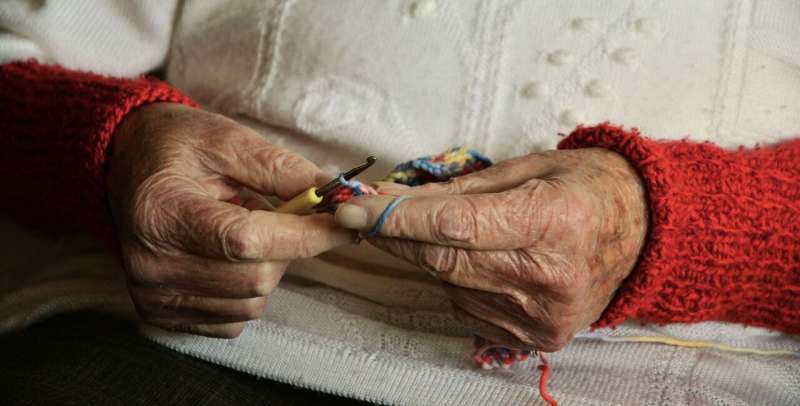Biological Aging Faster in Rwandans Conceived During Genocide: New Research Findings

Recent research reveals that individuals conceived during Rwanda's 1994 genocide are experiencing accelerated biological aging, particularly among those born of genocidal rape, emphasizing the need for targeted healthcare and long-term support.
In a groundbreaking study led by Dr. Glorieuse Uwizeye, a researcher from Western University, evidence has emerged that suggests individuals born of genocidal rape in Rwanda are experiencing accelerated biological aging. The research focuses on the long-term biological impacts of the 1994 Rwandan genocide, which lasted only 100 days but had devastating consequences, including over a million deaths and widespread sexual violence.
The study, published in Communications Medicine, examined the effects of prenatal exposure to maternal trauma related to genocide. It involved comparing adult children who were exposed in utero with those who were not, finding that the exposed group shows signs of faster aging based on epigenetic clock measurements, a biological indicator derived from DNA changes. Notably, the greatest acceleration was observed among those conceived through sexual violence during the genocide.
Dr. Uwizeye, who grew up in Rwanda and survived the genocide herself, explains that although she personally was physically unharmed, the trauma experienced by her community and family left lasting scars. She emphasizes the importance of understanding how early trauma, especially prenatal stress, can influence health decades later.
The research team also found that adverse childhood experiences may compound biological aging, indicating a need for ongoing support and targeted healthcare interventions for this vulnerable population. The study reinforces the idea that early life trauma can have profound and lasting effects on health and longevity.
Support for descendants of genocide survivors is crucial. Uwizeye advocates for continuous and tailored healthcare and social programs to address their specific needs. Although it's yet unclear whether the effects are entirely reversible, the study highlights the potential for medical and societal interventions to mitigate long-term impacts.
Furthermore, the study evaluated newer epigenetic clock models, which showed improved ability to detect the effects of early-life trauma, pointing toward better tools for understanding and addressing these impacts in the future.
This research underscores the importance of long-term health strategies and societal acknowledgment of the enduring consequences of genocide, aiming to improve the well-being of survivors and their descendants.
Stay Updated with Mia's Feed
Get the latest health & wellness insights delivered straight to your inbox.
Related Articles
Decoding Baby Cries: Separating Myth from Science and Understanding What Crying Really Tells Us
Recent scientific studies overturn the myth of maternal instinct in interpreting baby cries. Discover what crying actually reveals about your infant's needs and how experience shapes effective caregiving.
How Cell Mutations in Tissues Influence the Aging Process
Discover how somatic mutations in muscle and blood vessel tissues accelerate aging and contribute to age-related decline. New research highlights the role of genetic changes in tissue deterioration and potential therapeutic targets.
Antibiotic Usage Contributed to the Rise of a 'Superbug' in New Zealand: Genomic Insights for Future Prevention
New Zealand's overuse of antibiotics has led to the rise of a resistant superbug strain, AK3. Genomic research highlights the importance of responsible antibiotic stewardship and integrated surveillance to prevent future threats.



